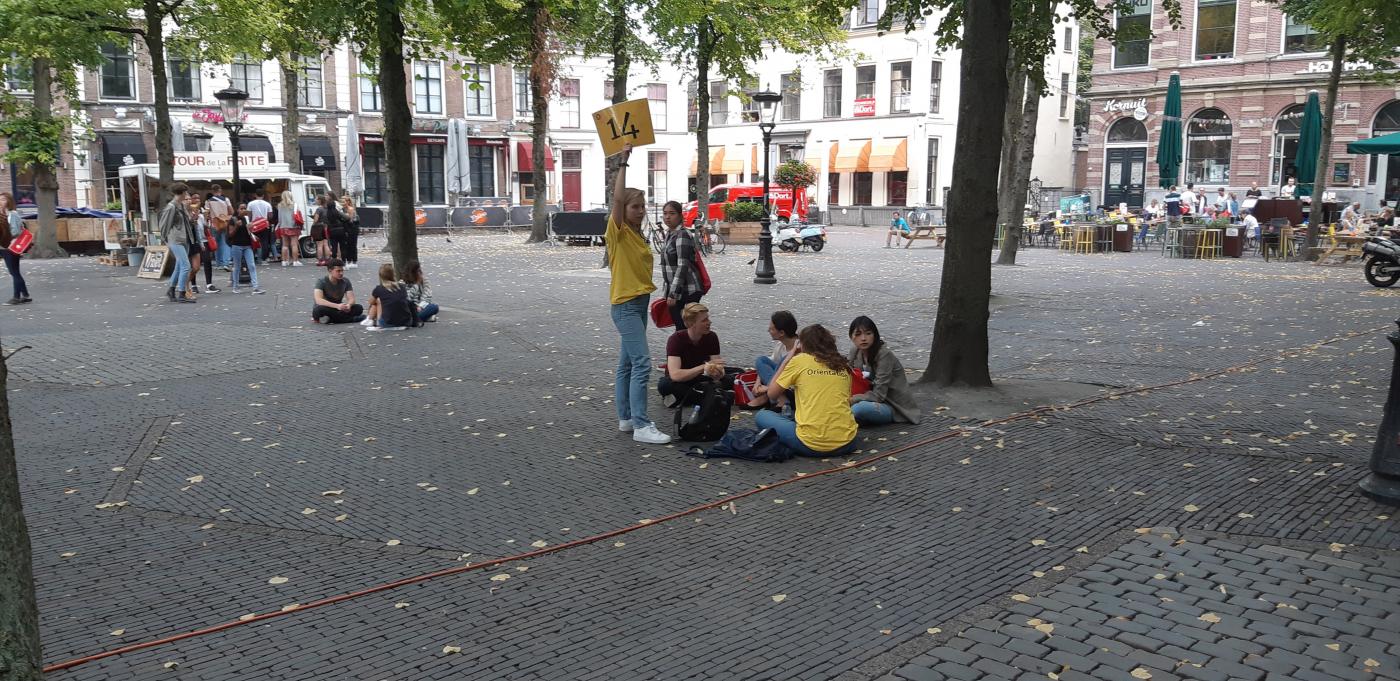Minister of Education needs more time to manage the influx of foreign students

Dijkgraaf believes that the drawbacks and benefits of internationalisation in higher education bear further consideration. He has therefore withdrawn the much-discussed Language & Accessibility bill, which was awaiting approval by the Senate.
The bill doesn’t just pertain to the influx of foreign students, but also to the position of the Dutch language in higher education. It stipulated that programmes should only be offered in English if there is a good reason to do so.
These are topics close to Dijkgraaf's heart. “I am very committed to the preservation of Dutch as an academic language”, stated the minister, while at the same time recognising that the ever-growing number of students enrolled in Dutch universities is a cause for concern. But the internationalisation of higher education is also “of great value to the Dutch knowledge economy, education and science”, he acknowledges. Faced with these conflicting interests, the minister prefers to carefully investigate the best approach.
Disappointed
“We are so disappointed that we have to wait even longer”, says Ruben Puylaert, spokesperson for Universities of the Netherlands (UNL), the association of Dutch universities, which were critical of the bill, but still crave more tools to control the influx of foreign students. They say that is an urgent necessity.
Dijkgraaf is working on an administrative agreement with the higher education institutions, which will include a joint ‘Future Survey’. Only after this survey will he introduce a “comprehensive package of measures”, including “steering instruments” to help manage the influx.
Enrolment cap
One of the problems surrounding the massive number of international enrolments is the accessibility of degree programmes with a limited number of spots. Some political parties find it difficult to stomach that Dutch students are sometimes pushed aside by internationals.
The Language & Accessibility bill gave study programmes the option of offering two tracks: an English-language track with an enrolment cap and a Dutch-language track with no intake restrictions. This would have offered relief for some programmes. “But the bill does not offer a macro-level approach, which might prove necessary”, Dijkgraaf notes.
On the other hand, he also acknowledges the necessity of “taking some short-term measures”, if only because of the housing shortage. Moreover, some degree programmes are nearing their limits. Dijkgraaf would like to make “concrete agreements” on this, although it remains unclear what kind of agreements he has in mind.
More legal options
The universities have been asking for more legal options to manage the influx of international students for years. One of the things they would like to be able to do is impose an emergency enrolment cap when a programme suddenly attracts a lot of foreign students. They would also like to set a limit for students from outside the European Economic Area.